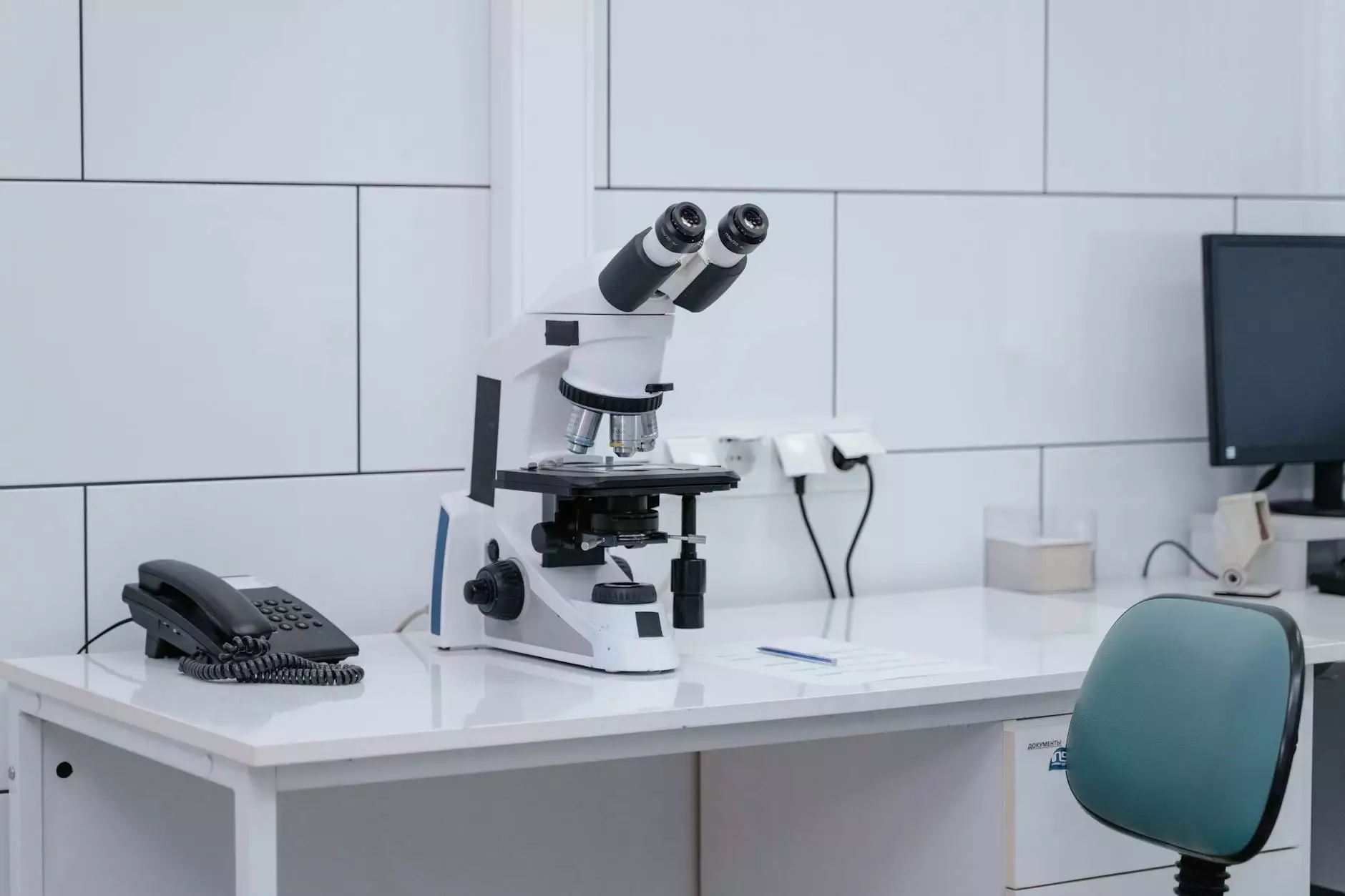Understanding Semaglutide Vial Storage: Best Practices for Optimal Efficacy

Semaglutide has gained significant traction in the field of weight loss and diabetes management. This revolutionary medication is a game-changer, but understanding how to properly store semaglutide vials is critical to ensure its potency and efficacy. In this comprehensive guide, we will delve into everything you need to know about semaglutide vial storage, helping your practice maintain the highest quality of care.
What is Semaglutide?
Semaglutide belongs to a class of medications known as glucagon-like peptide-1 (GLP-1) receptor agonists. Primarily used for the treatment of type 2 diabetes, it has also shown remarkable results in weight management. Administered through injection, semaglutide facilitates the regulation of blood sugar levels and assists in weight loss by promoting satiety.
The Importance of Proper Storage
One of the crucial aspects of handling semaglutide is proper storage. Improper storage not only risks the medication’s effectiveness but may also lead to unwanted side effects. This is particularly vital in businesses such as pharmacies, weight loss centers, and beauty spas where this medication is frequently prescribed.
Best Practices for Semaglutide Vial Storage
Here we outline essential guidelines for ensuring your semaglutide vials are stored correctly:
1. Temperature Control
- Refrigeration: Store semaglutide vials in a refrigerator at a temperature between 36°F to 46°F (2°C to 8°C). Avoid freezing.
- Room Temperature: When transporting or if the medication is not in use, it may be kept at room temperature (up to 77°F or 25°C) for short periods, up to 28 days.
2. Protect from Light
Semaglutide is sensitive to light. Always keep the vials in their original packaging until ready to use. If stored incorrectly, light can degrade the medication’s effectiveness.
3. Ensure Sterility
Ensure that the vial is not exposed to any contaminants. Always use a clean, sterile needle for withdrawal to prevent infection and maintain the integrity of the medication.
4. Check Expiration Dates
Always check expiration dates before administration. Using expired semaglutide can lead to adverse effects and reduced efficacy. Dispose of any expired vials properly.
Handling Semaglutide Vials Safely
Proper handling of semaglutide vials is paramount. Here are some crucial tips to ensure safety and effectiveness:
- Washing Hands: Always wash your hands thoroughly with soap and water before handling the vial to minimize the risk of contamination.
- Injection Techniques: Follow the proper guidelines for injection techniques, ensuring that the needle remains sterile and the injection site is sanitized.
- Disposal of Used Needles: Use a designated sharps container for disposing of needles safely to prevent needle-stick injuries.
Identifying Potential Risks
Understanding the potential risks associated with improper semaglutide vial storage is vital for both patients and providers. Here are a few potential issues that can arise:
- Reduced Efficacy: Improper storage temperatures can lead to a decrease in the drug’s effectiveness, which could affect the patient’s treatment outcomes.
- Health Risks: Administering a drug that has been improperly stored can expose patients to health risks ranging from inadequate blood sugar control to potential side effects.
- Legal Implications: For businesses, ensuring proper storage is not just a best practice, but a legal obligation. Failure to adhere to storage guidelines may lead to liabilities or regulatory actions.
When to Consult a Professional
When in doubt about storage practices or if any issues arise concerning semaglutide vials, consulting with a healthcare professional or a pharmacist is always advisable. They can provide guidance tailored to your specific situation.
Conclusion
In conclusion, semaglutide vial storage is a critical component of administering this vital medication. By following the guidelines outlined above, businesses, healthcare providers, and patients can ensure that they maximize the efficacy of semaglutide while minimizing risks. Maintaining optimal storage conditions is not only a best practice but also a commitment to patient care. Trust in quality storage methods to guarantee the best outcomes for everyone involved.
For more information on semaglutide and related best practices in the beauty, weight loss, and pharmacy sectors, visit us at skinnyquick.net.









